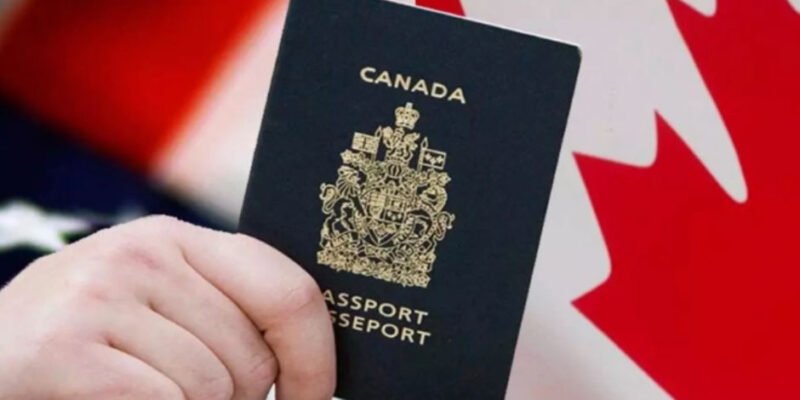Moving to Canada is not always an easy journey, and sometimes immigration applications are not accepted the first time. When an immigration application gets rejected or a decision is against you, it’s possible to appeal that result or request for judicial review. In this piece of writing we will discuss the steps and choices for immigration appeals and judicial reviews in Canada.
Understanding Immigration Appeals
Appeals in the realm of immigration offer individuals the opportunity to challenge decisions rendered by immigration authorities. Such decisions may encompass visa denials, deportation orders, or judgements pertaining to one’s residential status. The specific appeals procedure may vary contingent upon the particular nature of the decision under review and could involve a sequence of different tribunals or courts, each possessing their own unique regulations and protocols. In general, appeals related to immigration matters are adjudicated by administrative tribunals or may reach the level of the Federal Court within Canada.
Grounds for Appeal
When a decision about immigration is made, the person involved can disagree with it and appeal. They may appeal for different reasons, like mistakes in law or fact, unfair process or on humanitarian basis called compassionate grounds. Misunderstanding of proof, lack of consideration for important points or not following rules of fairness during procedure are some typical bases for appealing. Usually it’s important to have a good lawyer who knows about immigration law when looking at if there are valid reasons to make an appeal and making sure your case is prepared well.
Administrative Appeals
Appeals for administrative immigration decisions usually go to specialized tribunals like the Immigration Appeal Division (IAD) or Refugee Appeal Division (RAD). IAD looks at appeals about sponsorship applications, removal orders and residency decisions. RAD reviews decisions on refugee claims. These tribunals can change a decision and give help if it has been made against someone because of humanitarian or kind reasons.
Judicial Reviews in Federal Court
When there are no administrative appeals or these have been used up, people can go to the Federal Court of Canada for judicial review of immigration decisions. Judicial review means a court reviews if the decision made by a government body or administrative tribunal is legal. The Federal Court has power to examine immigration decisions for any mistakes in law, issues with jurisdiction and breaches of procedural fairness.
Legal Representation and Advocacy
To move through the immigration appeals process might feel confusing. People who are dealing with immigration problems might get help from an immigration lawyer who has experience in this area. A specialized Canada immigration lawyer can give expert guidance, stand for them in legal matters and speak up for their rights during the appeals process. They make sure people comprehend what they are entitled to and what choices they have, as well as bring forth a strong case on their behalf.
Procedures and Timelines
Appeals for immigration and reviews in court have special procedures and time limits, requiring careful attention to maintain the right of appeal. Starting with submitting a first notice of appeal, up to preparing documents for review and attending hearings – all these steps need to be done according to particular processes mentioned in immigration rules as well as court regulations. If someone does not follow these requirements, their appeal can be rejected.
Considerations for Success
It is true, winning immigration appeals and judicial reviews depend on the strong legal arguments given and the quality of evidence presented. People need to make clear and convincing points, backed up with suitable documents and legal precedent. A good immigration lawyer can evaluate if your case has a chance for success, collect evidence for you and create powerful submissions that are appropriate to the specific law issues at stake.
Outcomes and Remedies
The outcomes of immigration appeals, as well as judicial review processes, are inherently unpredictable and can vary significantly from one case to another. In some instances, the tribunal or court may choose to uphold the original decision, denying any change to the situation. Conversely, there are occasions when such decisions are completely reversed, which can result in benefits for the appellant, such as the approval of their visa application or the cancellation of a deportation order. However, there are also times when the decision by the tribunal or court is rendered absolute and is deemed final. Even so, for individuals embroiled in these legal matters, alternate avenues for relief or further reconsideration may still be available and worth pursuing.
Immigration appeals and judicial reviews are very important to make sure immigration decisions are fair, legal and match with Canadian immigration law. They give chances for people to question the results they got that they didn’t like, look for help from the court or tribunal and this way, keep upholding principles of procedural fairness as well as access to justice in Canada’s system of immigration. With good assistance from legal experts, persons who encounter difficulties in immigration can go through the appeal process successfully and follow their immigration ambitions with confidence.














Comments